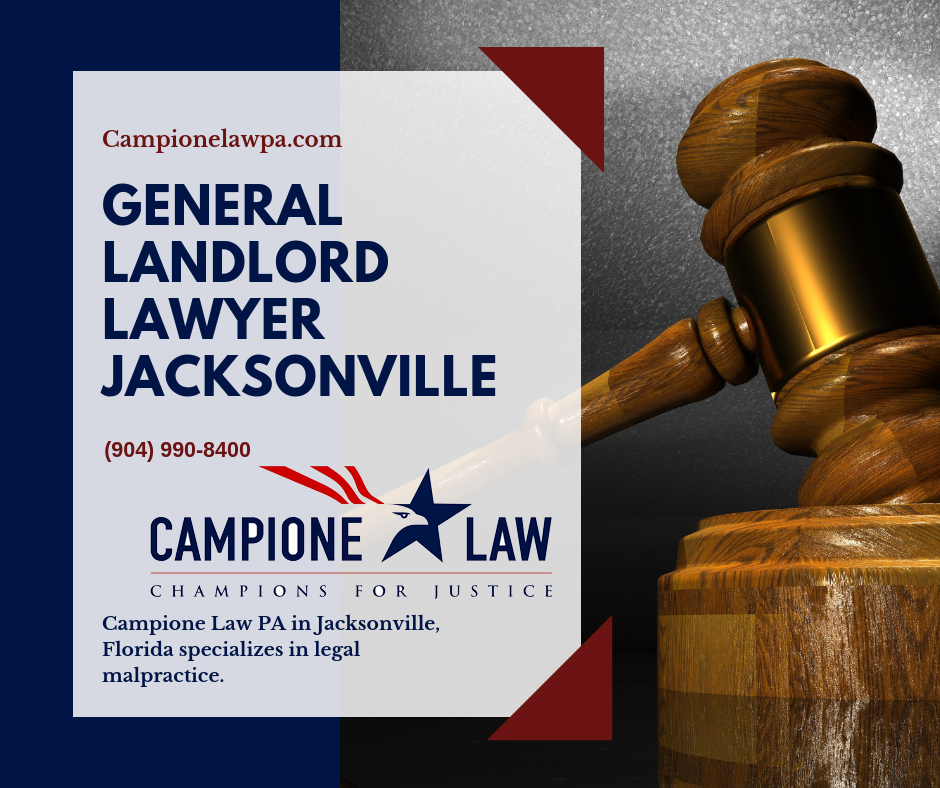A security deposit for your rental property is not a legal necessity.
Nevertheless, it’s a good idea to get a security deposit when renting your property.
In this article, we’ll discuss the basics of security deposits that every landlord should know.
Security Deposits Protect the Landlord’s Financial Interests
Supposing your tenant damages your property or fails to pay rent and leave?
In this event, you may be left scrambling to recover from the financial loss – that is if no security deposit were in place.
The Average Security Deposit Amount
Generally speaking, security deposits are the same as the rental fee for one month. However, some landlords request two or even three months of the same.
Some states, however, limit the amount you can request from potential tenants.
Security Deposits Are Refundable
As a rule of thumb, security deposits are refundable and this should be outlined in the lease agreement.
At the end of the tenancy, the deposit is usually returned to the tenant – with some exceptions.
There are also legal timeframes for when security deposits should be returned, and this varies from one state to another.
In Jacksonville, Florida:
When the tenant moves out and the landlord has no intent to file or impose a claim, state law requires the deposit be returned within a 15-day period.
If the landlord imposes a claim for part or all of the security deposit, he or she must specify the reasons for doing so within a 30-day period of the lease ending.
Some common reasons for deducting funds from the security deposit include:
- Property damage beyond normal wear and tear
- Failure to pay the rent
The tenant could possibly dispute these deductions and file a lawsuit for recovery in a small claims court.
General Landlord Lawyer in Jacksonville Advises Timelines for Collecting Security Deposits
If you have screened a potential tenant and they are approved, make sure to collect the first month’s rent and security deposit – before he/she moves in.
Florida state laws mandate that security deposits be held in a separate non-interest bearing account.
Security Deposits Jacksonville Resources
Do you want to find out more details about landlord and tenant rights in Jacksonville?
Find more information regarding this subject matter on the official website for the Florida Legislature.
If you’re a new or longtime landlord in Jacksonville, a lawyer can help you navigate various legal processes, including discussing:
- Landlord Rights
- When It’s OK to Keep the Deposit
- How Soon You Should Return the Deposit
- How to Handle Property Damage
- When to File Additional Claims
- How to Draft a Lease
Disputes are common between tenants and landlords.
If you’re a property owner who manages one or several properties in the area, our lawyers at Campione Law PA can help steer you in the right direction.






